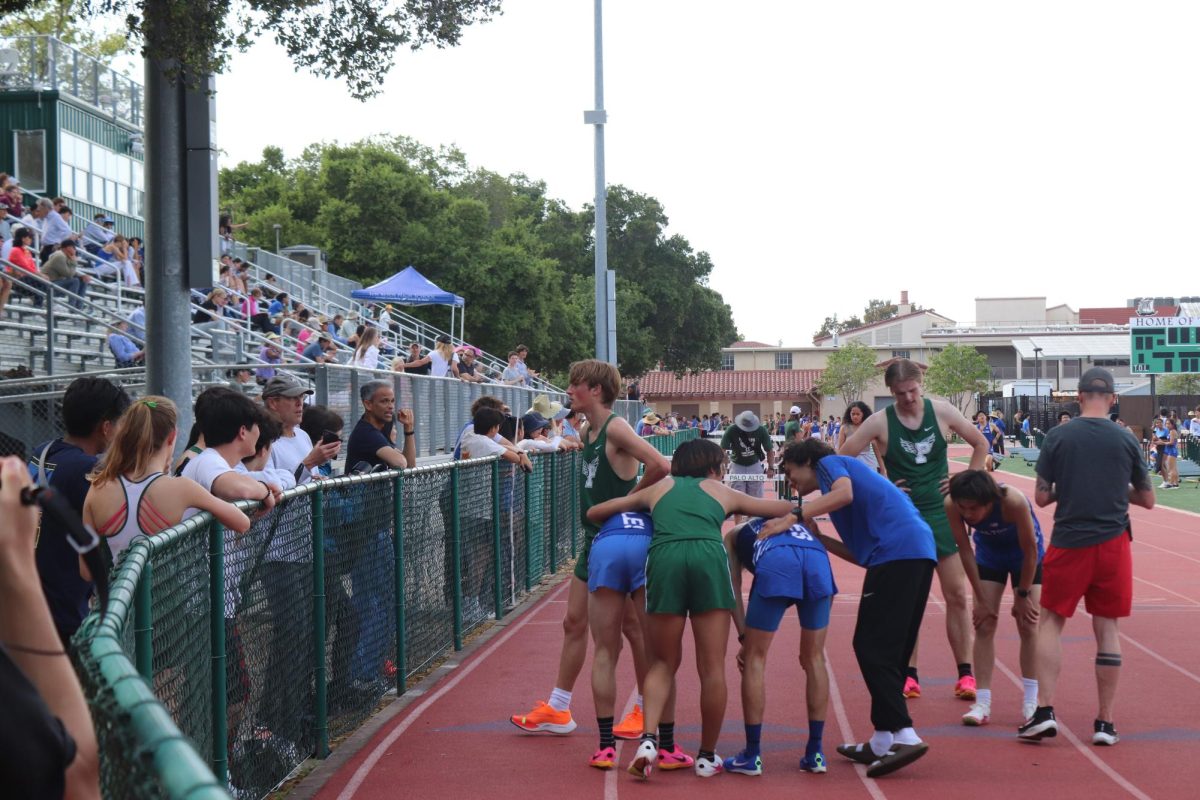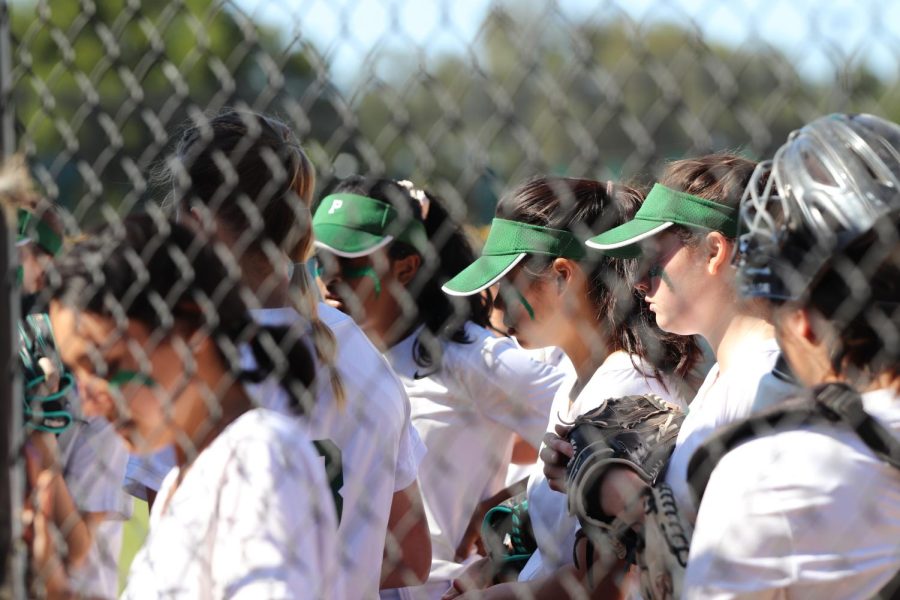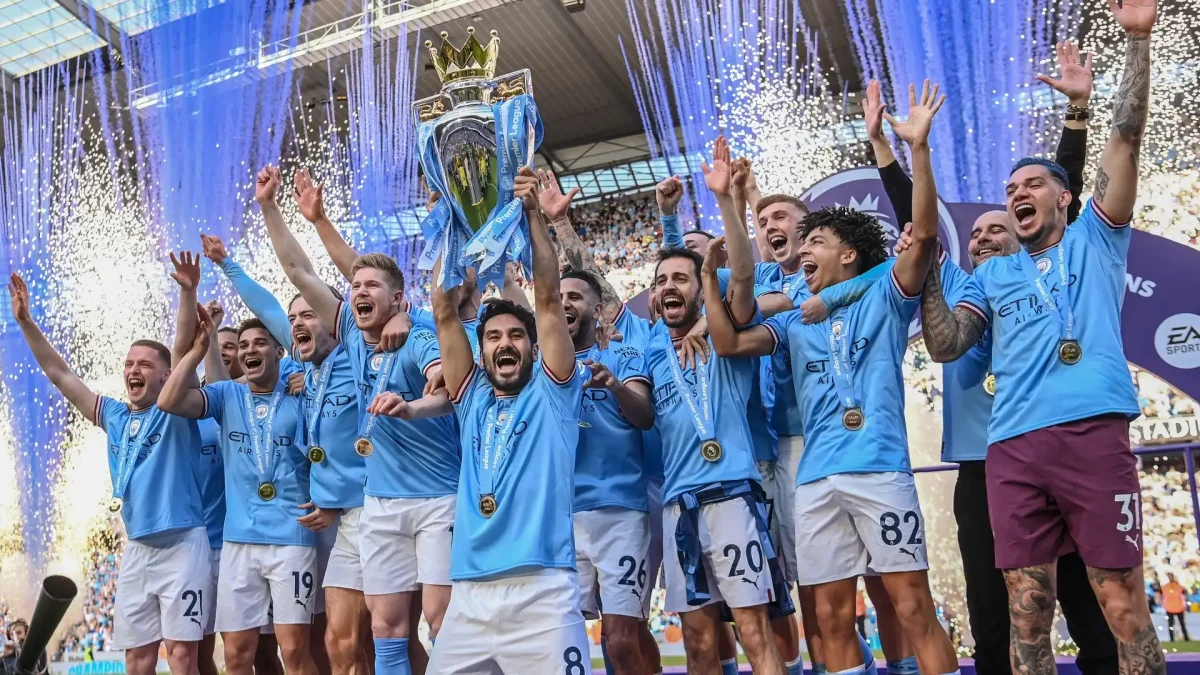The Great Debate: Pay for play
December 12, 2014
For the love of the game
We have seen our fair share of Johnny Manziels, Jameis Winstons and AJ Macaroons thrust themselves into the fast-track spotlight of fame on Saturdays. Their excessive touchdown celebrations, incoherent trash talking and “money making” talents make quite the story. In addition, the thousands to millions of dollars spent for the franchise and brand name trademarks have become an empire for the National Collegiate Athletic Association (NCAA), colleges, and others making a profit off of the game. College athletes should not get paid for their earnings on the football field no matter how great of an athlete they may be, or how much attention they receive.
First of all, athletes are already getting paid, just not with money. Their talents and hard work have earned them spots at the top schools in the nation. The form of payment they get is through scholarships and benefits given to college athletes which let them attend that university or college. Advantages such as picking courses first, selecting housing before other students and getting unlimited meals are all perks that an average student does not receive. The added benefits that student-athletes gain is a major push for young athletes to follow the path of education rather than taking their talents straight to a professional league.
Furthermore, rather than focusing on the game itself, fictional personas and characters are created for the role of television broadcasts and storylines. Instead of concentrating on talent, the media often blows up stories about professional athletes’ personal lives. If money were involved, then college athletes would be exploited for stories about their personal lives on the same level as professional athletes. Overall, this would elevate a once-ordinary college athlete’s day-to-day life and transform them into an overnight celebrity. Cough cough … Johnny Manziel.
College athletes are too young to handle enormous sums of money that they would to receive if they got paid. Throughout our society, large sums of money have played a harsh role with adolescents. If athletes were paid, then more scandals would occur. Additionally, the pressure of fame could negatively affect their career. One major difficulty of fame is the constant coverage from the media, which includes unnecessary attention that college athletes receive. This continual spotlight can potentially damage their image and in doing so harm their career for good … Manti Teo anyone?
In addition, let’s not forget about other athletes on campus. What about basketball? Volleyball? Or lacrosse and water polo? All student-athletes should be treated equally no matter what sport they play. If volleyball players don’t get paid, then football athletes shouldn’t either and so on. This would lead to a Title 9 debate, and what athletes in one sport get paid compared to athletes of another sport.
The added attention toward the all-mighty dollar would distract student-athletes from performing for the right reason and focusing their motives solely on getting paid. If you could get paid for playing sports in college, you would join just about any team offering a spot, right? Football is no exception, and everyone on a Division I football team would put their egos first to fight for the money and their passion for the game second. The true intents of playing football for the game itself are lost and starstruck student-athletes lose their motives to perform for the right reason.
So, next time you watch college football, rather than thinking that the NCAA is some horrible organization taking away money away from its rightful earner, remember that those athletes are still young, sometimes naive and that they are receiving added benefits from their college while getting a world class education and playing the sport they love. Shouldn’t that be enough? I think so.
Show me the money
Wake-up at 6 a.m. and head straight to the locker room. Team lift and condition from 6:30-7:00. You may have a chance to grab breakfast before your classes start. After a long day at school, you prepare for practice. You practice until coach is satisfied, and finally get to go home and sleep. Oh wait! You’ve still got to study for that midterm you have to take early because you’re on the road next Thursday. This is the life of the average Division I college athlete. Student-athletes, while “student” comes first, spend on average 43.3 hours a week perfecting their craft. This is longer than the average American work week. These athletes can then be considered full-time workers and deserve to be treated as such.
Collegiate sports are a big business. Everyone involved makes millions of dollars except the players. How is this fair? The National Collegiate Athletic Association (NCAA) produces an annual revenue of almost 11 billion dollars; thats more than the National Hockey League (NHL) and National Basketball Association (NBA) combined. When the NCAA was first founded, the reason players didn’t get paid was because coaches didn’t either, but that has definitely changed. In 40 of the 50 U.S. states, the highest paid public official is currently the head coach of a state university’s football or men’s basketball team. Last year, the average salary for a Bowl Championship Series (BCS) eligible football coach was $2.05 million. University of Alabama head coach Nick Saban’s new contract will pay him more than seven million dollars a year. Everyone involved in popular college athletics is making big money, but the players themselves are prohibited from profiting. Many may argue that the athletes are paid through their scholarships. People believe that this mere 25,000 dollars a year, and the free education it provides, is compensation for these athletes work. This scholarship may cover the price of an education, but nothing else. The NCAA admitted the limitations of its scholarships leave the players with about 3,000 to 5,000 dollars out-of-pocket-expenses each year. This scholarship may also be redacted if a player is injured, quits or is kicked off the team. While everyone makes money off of the amazing talents of these athletes, they receive little to no compensation.
Big college athletes should be paid by either the NCAA or their schools. The University of Alabama reports 143.3 million dollars in athletic revenue, more than all 30 NFL teams and 25 of the 30 NBA teams. Without the players, these profits wouldn’t be possible, yet the players don’t see a penny. If athletes were paid, it would solve a multitude of problems. Many athletes leave their university without earning a degree in order to go to professional leagues. If they were paid by their university they would be more likely to stay and graduate. We have all seen the scandals over the years; an athlete selling something or making a deal in order to profit from their fame. These scandals include some of the biggest players in the games; including Johnny Manziel and Jameis Winston. These scandals have always been a problem and will continue to be. These players are some of the most famous young adults in the world. They’re just kids trying to make a quick buck. Many athletes need to make money while they can. Especially in football, a professional career at best may last around 10 years. That’s not taking into account the likelihood of injury. After their sports career, many athletes will not have a backup plan. This is why athletes should be paid throughout their careers, starting in college.
Division I student-athletes endure some of the most stressful and taxing schedules of any American in order to play their sports for our entertainment. The college sports empire, including the universities and the NCAA, takes advantage of these athletes and profit off of their hard work. College sports are a multi-billion dollar market, yet none of the players see any of it. The athletes deserve to be compensated for the work they do on behalf of their universities.<<<







